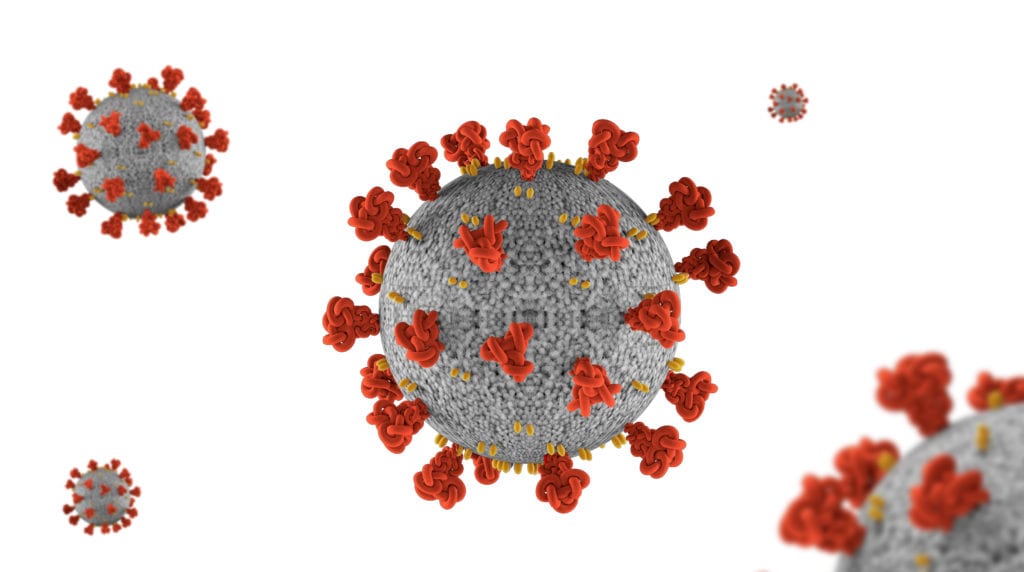 The impact of the COVID-19 pandemic has been felt around the world, and is causing people to think hard about their overall health. The reason this is happening is that there is a wide spectrum of severity of COVID-19 infections. Healthy, young, normal-weight patients tend to have minimal to no symptoms, while older patients and/or those with multiple medical issues tend to present with much more aggressive cases that carry a higher risk for death.
The impact of the COVID-19 pandemic has been felt around the world, and is causing people to think hard about their overall health. The reason this is happening is that there is a wide spectrum of severity of COVID-19 infections. Healthy, young, normal-weight patients tend to have minimal to no symptoms, while older patients and/or those with multiple medical issues tend to present with much more aggressive cases that carry a higher risk for death.
The CDC has weighed in on what conditions can increase the severity of COVID infections. In addition to older adults in general, people of any age with the following conditions are at increased risk of severe illness from COVID-19:
- Cancer
- Chronic kidney disease
- COPD (chronic obstructive pulmonary disease)
- Immunocompromised state (weakened immune system) from solid organ transplant
- Obesity (body mass index [BMI] of 30 or higher)
- Serious heart conditions, such as heart failure, coronary artery disease, or cardiomyopathies
- Sickle cell disease
- Type 2 diabetes mellitus
With regard to obesity and severity of ilness, nearly 40% of Americans have a BMI of 30 or higher, so this puts A WHOLE LOT OF PEOPLE at increased risk. Although we don’t yet have reliable statistics, there is a good chance that the risk of severity doesn’t just go up at a 30 BMI and stay put, it most likely continues to rise with BMI. So patients with a BMI of 50 likely have a significantly higher risk of death than patients with a BMI of 30.
If you are overweight or obese, now is the time to act, as it is a tragic event to think of a potential COVID-19 fatlity in a young, otherwise healthy but obese patient from COVID-19. We have surgical, incisionless, and medical-only options that can help patients lose weight and hopefully reduce the risk of severe ilness or death in a patient who contracts coronavirus.
If you are interested in learning about weight loss options, try our online weight loss navigator to learn what programs for which you might qualify.


